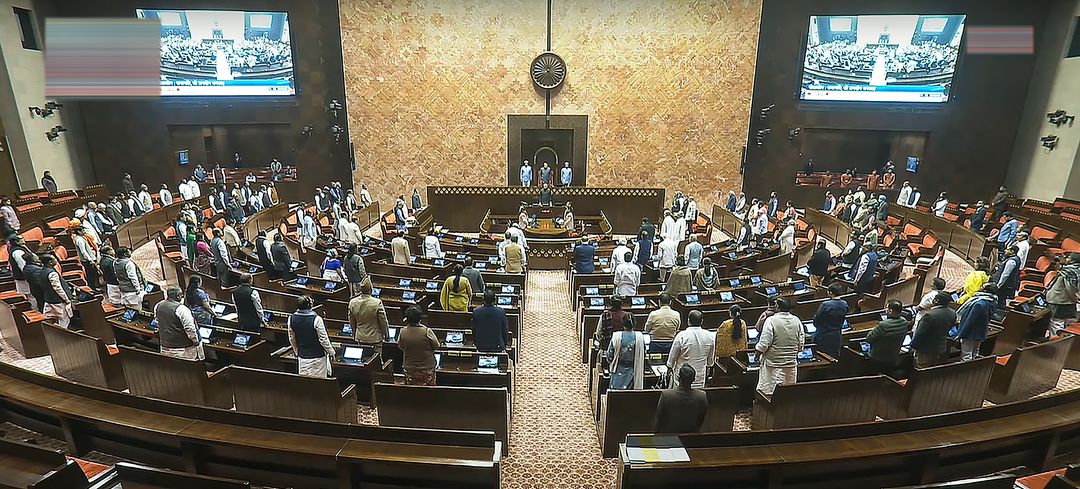New Delhi, Feb 2 (PTI) – The US-India Business Council (USIBC) has called for systemic tax and regulatory reforms to further strengthen India's global competitiveness, even as it welcomed the country's forward-lookingUnion Budget for 2025-26.
USIBC President Ambassador Atul Keshap highlighted that while the budget outlines a vision for economic resilience and technological growth, India needs sustained and deeper reforms to enhance its investment potential.
"As the world's fifth-largest economy and a key partner in the Indo-Pacific, India's continued economic reforms are crucial for boosting US-India commercial ties and unlocking new growth opportunities," Keshap stated.
USIBC Calls for Stronger Investment Climate
Despite a steady flow of foreign direct investment (FDI) into India, Keshap pointed out that FDI has not seen significant acceleration due to regulatory complexities. He urged a more ambitious push toward taxation and business-friendly regulations to attract higher investments.The business lobby group welcomed the government's decision to establish a high-level committee for regulatory reforms but emphasized the need for swift action to remove barriers hindering business expansion.
Support for Middle-Class Tax Cuts and Strategic Trade Policies
Keshap also applauded the income tax cuts for the middle class, citing their potential to boost consumption, savings, and investments.He emphasized that a balanced and transparent trade environment is key to strengthening US-India economic relations. Referring to former US President Donald Trump’s focus on fair and reciprocal trade, Keshap suggested that India should take bolder steps to address structural bottlenecks and create a predictable investment climate.
Focus on Critical Minerals, Nuclear Energy, and Manufacturing
The recognition of critical minerals as a strategic asset through the National Critical Minerals Mission and an allocation of ₹450 crore was described as a step in the right direction. However, Keshap stressed the need for further efforts to establish a self-reliant supply chain.He also lauded the announcement of a ‘Nuclear Energy Mission’ for Small Modular Reactors (SMRs), backed by a ₹20,000 crore investment. However, he noted that success hinges on streamlined regulatory approvals and private-sector participation.
Additionally, the National Manufacturing Mission, which focuses on solar PV cells, EV batteries, wind turbines, and high-voltage transmission equipment, reflects progress but requires greater policy clarity and an ease-of-doing-business approach.
USIBC Backs Innovation, AI, and Insurance Reforms
Keshap praised the government’s Deep Tech Fund of Funds, aimed at boosting artificial intelligence (AI), semiconductors, and advanced computing, all of which play a key role in strengthening US-India bilateral ties.The proposed increase in FDI limits for the insurance sector from 74% to 100% was also welcomed, though he urged a review of associated conditions to maximize investor interest.
Healthcare and Customs Duty Exemptions
The exemption of 36 lifesaving drugs from basic Customs duty, along with concessional duty on six more, was recognized as a positive move to improve access to essential medicines. However, Keshap emphasized that broader structural reforms are necessary to enhance affordability, regulatory efficiency, and transparency in the healthcare sector.Strengthening US-India Business Engagement
The USIBC reaffirmed its commitment to working with stakeholders in the US-India business corridor to identify challenges and offer informed policy recommendations."India’s focus on manufacturing, logistics, and supply chain modernization is crucial for global integration," Keshap said, adding that faster regulatory approvals and policy predictability will help maximize trade and investment potential.

